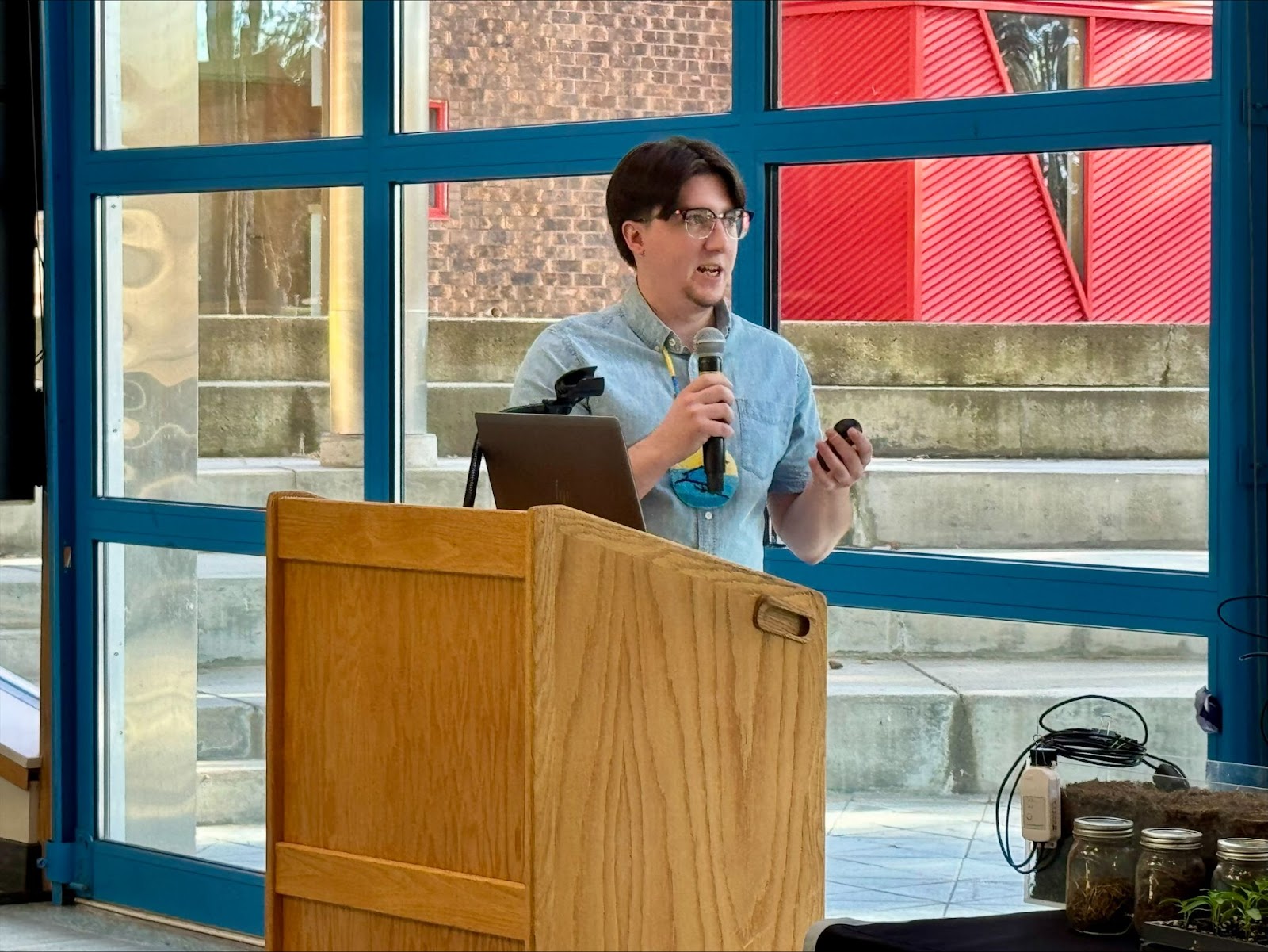MINNEAPOLIS, MN / ACCESS Newswire / August 11, 2025 / Most business owners hitting six-figure revenue face a familiar choice: hire more staff or expand services.Bazile Minogiizhigaabo Panek chose a third option that's raised eyebrows across the consulting world. Instead of following conventional growth strategies, he's doubling down on something most entrepreneurs avoid: more school.

This fall, while continuing to run Good Sky Guidance, Panek begins an ambitious academic journey at the University of Minnesota Twin Cities. He'll simultaneously pursue a master's in Natural Resources Science and Management and a PhD in American Indian & Indigenous Studies. It's a workload that would overwhelm most people, but Panek sees it as the key to transforming his consultancy from a successful practice into an industry-defining force.
The move makes sense when you understand the problem Panek is solving. Organizations across America are finally recognizing they need to work with tribal communities, but they're operating without roadmaps. Most consultants offer advice based on personal experience and cultural intuition. Panek wants to provide something more powerful: scientifically validated methodologies backed by rigorous research.
"Right now, tribal consultation is often treated as an art form, "Panek observes. "I want to develop the science behind it. When I can show a federal agency exactly why certain partnership structures succeed while others fail, backed by data and peer-reviewed research, that changes everything."
His dissertation focus reveals the scope of this ambition. By analyzing the effectiveness of co-stewardship agreements between tribes and federal agencies, Panek aims to create frameworks that don't currently exist. This research could establish new standards for how some of America's most important environmental partnerships are designed and implemented.
The business implications are substantial. While competitors rely on anecdotal evidence and cultural sensitivity training, Good Sky Guidance will offer evidence-based strategies with measurable outcomes. In a market increasingly focused on accountability and results, this differentiation could prove decisive.
The academic credentials also open doors that remain closed to most consultants. University partnerships, research grants, and scholarly publications create credibility that extends far beyond typical business development. When Panek speaks at conferences or advises federal agencies, he'll do so with the authority of both practitioner and researcher.
The dual-track approach creates advantages neither purely academic nor purely business paths could achieve. His consulting work provides real-world laboratories for testing theoretical frameworks. His research discoveries enhance the sophistication of client recommendations. Each reinforces the other in ways that compound over time.
Consider the competitive dynamics this creates. While other consultants struggle to scale beyond personal capacity, Panek is developing intellectual property that can be systematized, taught, and replicated. The research outcomes become business assets that generate value long after individual projects conclude.
This strategy also reflects a deeper understanding of how Indigenous knowledge systems actually work. Traditional Ojibwe education never separated practical application from theoretical understanding. Elders taught both immediate skills and underlying principles simultaneously. Panek's approach mirrors this integration, honoring ancestral learning models while building modern business capabilities.
The market timing supports this investment. Federal agencies face increasing requirements for meaningful tribal consultation. Corporate ESG initiatives expand beyond traditional metrics to include Indigenous rights and knowledge. Academic institutions integrate traditional ecological knowledge into research programs. All these trends create demand for more sophisticated guidance than current consulting models provide.
Client responses validate the approach. Organizations appreciate working with someone who can explain not just what to do but why specific strategies succeed or fail. The academic framework provides confidence that recommendations stem from systematic analysis rather than personal opinion.
The University of Minnesota Twin Cities offers ideal resources for this project. Their Natural Resources program maintains strong tribal community relationships throughout the region. The American Indian & Indigenous Studies department includes scholars advancing decolonization theory and practice. These connections will enrich both Panek's research and his consulting capabilities.
The risk, of course, is overcommitment. Managing graduate coursework while growing a business requires exceptional time management and strategic focus. But Panek's track record suggests he thrives under ambitious challenges.
For the consulting industry, Panek's experiment could establish new standards for how expertise is developed and demonstrated. The days of relying solely on experience and intuition may be ending, replaced by approaches that combine practical knowledge with scholarly rigor.
Bazile Panek
Minneapolis , Minnesota
https://www.goodskyguidance.com/
SOURCE: Bazile Panek
View the original press release on ACCESS Newswire




